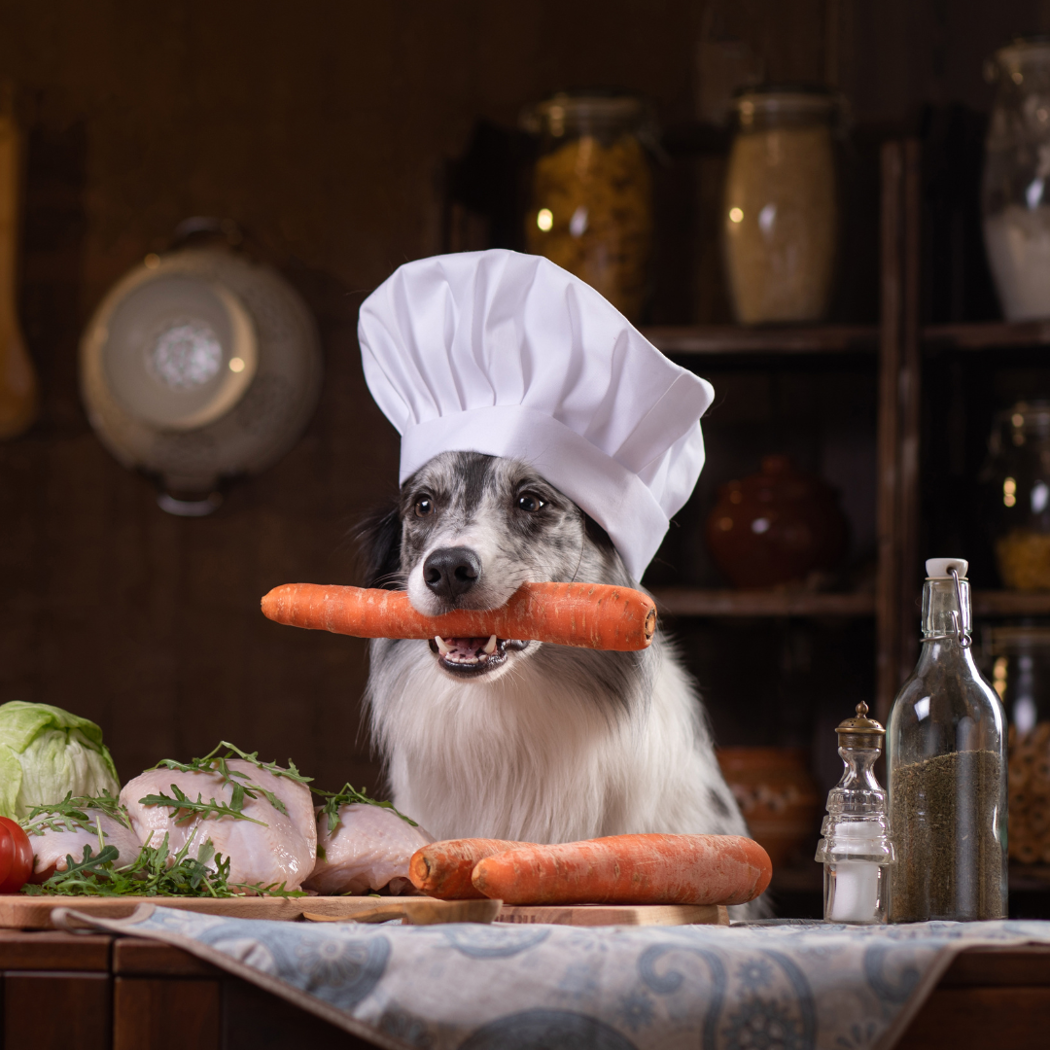5 Nutrition Myths
A key influence on your pet’s wellness is their nutritional needs. Dive into the world of pet nutrition with us as we attempt to separate fact from fiction with these 5 common nutrition myths.

Myth 1: Supplements Are Always Needed
With the wide array of supplements available for your furry friend, it is easy to believe that your beloved pet most definitely needs at least one of them. However, this is not always the case. Reputable dog and cat foods are specially formulated to meet the nutritional needs of your pet with just the right balance of all the essential nutrients.
However, this is not to say that your furry pal will never require supplements. If you think that your pet might benefit from a supplement it is best to consult with your veterinarian to ensure it is the best choice. If your pet has a specific health condition or dietary need targeted supplementation may be required.
Myth 2: Homemade Food Is Better
Homemade dog and cat food are often perceived to be better quality, as you have visibility on the ingredients used and the recipe for your pet. However, ensuring the correct balance of nutrients can be difficult. As such, homemade diets can be either deficient in essential nutrients, provide an overdose of nutrients, or are imbalanced which could cause health problems over time.
Reputable pet food manufacturers provide a guarantee that your pet's essential nutrients will be met with every single meal. They employ nutritionists who have studied for years, to be able to determine which ingredients should get into your treasured companion's bowl and which quantity would be perfect. A comprehensive program of testing and monitoring of those ingredients for nutrients, toxins, and contaminants ensures each lot of ingredients is safe for your pet. Be confident that you are giving your furry friend the correct nutrients every time by feeding a prepared meal made by pros.
Myth 3: More Is Better
Have you ever found yourself comparing the nutrients on the back of a pet food bag and automatically assuming that the one with the higher value must be better for your pet? It is easy to make this assumption, but more is not always better. Dogs and cats will absorb what they need and excrete the rest. Additionally, nutrients interact with one another. Over-supplying a nutrient (therefore causing an incorrect balance) can cause nutrients to interfere with one another which could make the diet less digestible.
Myth 4: Beet Pulp Causes Red Coat In Dogs
Some people believe that when they feed their pup dog food with beet pulp as an ingredient it will cause their dog's coat to turn reddish in color. The beet pulp used in pet food is made from a different variety of beets, which are not red in colour, unlike your common garden beets. Other common causes of your furr-baby’s coat getting a red taint could be from a nutrient deficiency, genetics, or environmental factors.
Beet pulp is a great ingredient for adding fiber to a recipe and to aid digestive health.

Myth 5: Cats Need Milk
The image of a cat lapping up a bowl of milk is one that we are all familiar with. A bowl of milk is often seen as a delightful treat that your purr-fect friend deserves but few people know that many cats are lactose intolerant. Excessive milk can cause digestive upsets and for this reason, it should be avoided. Instead of treating your kitty with milk turn to a better alternative such as specially designed cat treats or consider a specially formulated cat milk.
The world of pet nutrition is complicated and filled with myths and misconceptions. By informing yourself using reliable sources of information, it will allow you to provide your beloved dog or cat with the best nutrition!